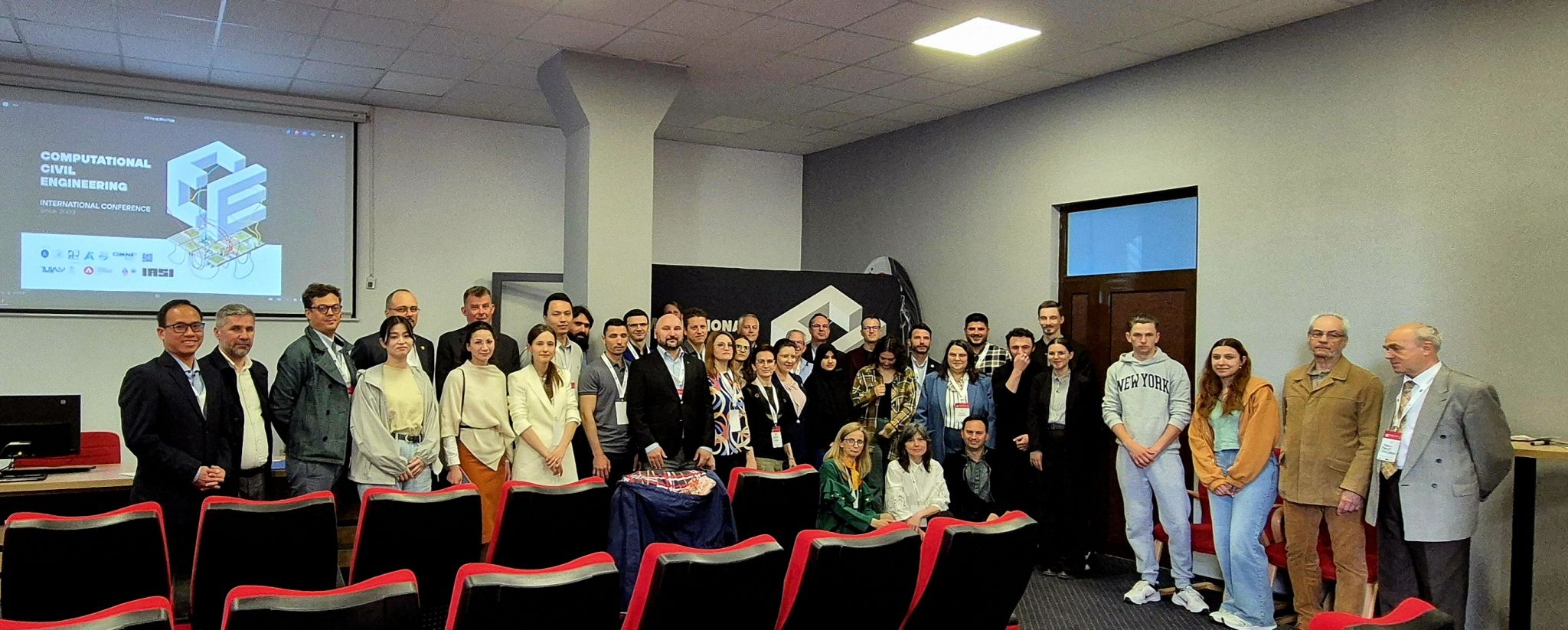THUAS shares research on sustainable, inclusive and smart cities at international conference in Romania
2 June 2025
During the international Engineering the Future conference in Iași (Romania), Professor Rizal Sebastian presented THUAS’ practice-based research on digital and sustainable urban development.

Representing the research group Future Urban Systems, part of the Centre of Expertise Mission Zero, he delivered a keynote speech highlighting current projects that apply technology to support the transition toward inclusive, climate-neutral cities.
The conference brought together researchers, educators and professionals from around the world to exchange knowledge on topics such as digitalisation, sustainability, urban resilience and entrepreneurship. The programme focused on sharing research outputs that contribute to future-oriented education and societal impact, in line with the European innovation agenda for 2021 - 2027.
Deploying digital technologies
Professor Rizal outlined how the research group uses digital technologies to address urban challenges. These include AI, digital twins (virtual models of buildings or cities used to test scenarios), serious gaming (simulation-based games that support collaborative problem-solving by students and professionals) and data tools such as renovation and material passports, which support housing sustainability and the reuse of construction materials.
Contributing to urban transitions
At The Hague University of Applied Sciences, the research group is developing a virtual Experience Centre, where students and researchers use simulations and interactive tools to explore urban issues. In the RenoDAT project, the team integrates data from multiple sources to provide tailored renovation advice to homeowners, accelerating the energy transition. The EDUPED project positions the Laakhaven district as a living lab for a Positive Energy District, with the THUAS campus serving as a catalyst for sustainable energy solutions at the neighbourhood level.
Through the European SUM4Re project, the group collaborates with partners to explore how materials from existing buildings can be reused. Using technologies such as 3D scanning, hyperspectral imaging and blockchain, the researchers create digital material passports. These passports identify which materials can be reused, and under what conditions.
International collaboration in research and education
In addition to his keynote, Rizal joined a roundtable discussion with representatives from TU Berlin, Universitat Politècnica de Catalunya, Luleå University of Technology, University of Pretoria and TU Iași. The group discussed ways to strengthen collaboration in research and education related to architecture, urban studies and civil engineering.
Contact
Would you like to know more about these projects or opportunities to collaborate with Future Urban Systems? Please contact Rizal Sebastian at [email protected].